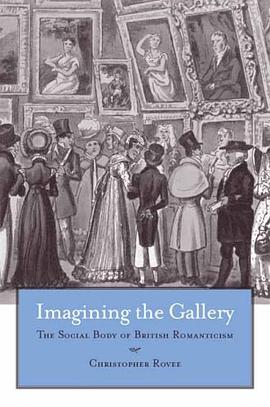

具体描述
This book offers a new reading of early modern romance in the light of historically contemporary accounts of mind, and specifically the medical tradition of love-melancholy. The book argues that the medical profile of the melancholic lover provides an essential context for understanding the characteristic patterns of romance: narrative deferral, epistemological uncertainty, and the endless quest for a quasi-phantasmic beloved. Unlike many recent studies of romance, this book establishes a detailed historical basis for investigating the psychological structure of romance. Wells begins by tracing the development of the medical disorder first known in the Latin west as "amor hereos" (lovesickness) from its earliest roots in Greek and Arabic medicine to its translation into the Latin medical tradition. Drawing on this detailed historical material, the book considers three important early modern romances: Ariosto's "Orlando Furioso," Tasso's "Gerusalemme Liberata," and Spenser's "The Faerie Queene," concluding with a brief consideration of the significance of this literary and medical legacy for Romanticism. Most broadly, the interdisciplinary nature of this study allows the author to investigate the central critical problem of early modern subjectivity in substantially new ways.
作者简介
目录信息
读后感
评分
评分
评分
评分
用户评价
相关图书
本站所有内容均为互联网搜索引擎提供的公开搜索信息,本站不存储任何数据与内容,任何内容与数据均与本站无关,如有需要请联系相关搜索引擎包括但不限于百度,google,bing,sogou 等
© 2026 book.wenda123.org All Rights Reserved. 图书目录大全 版权所有




















